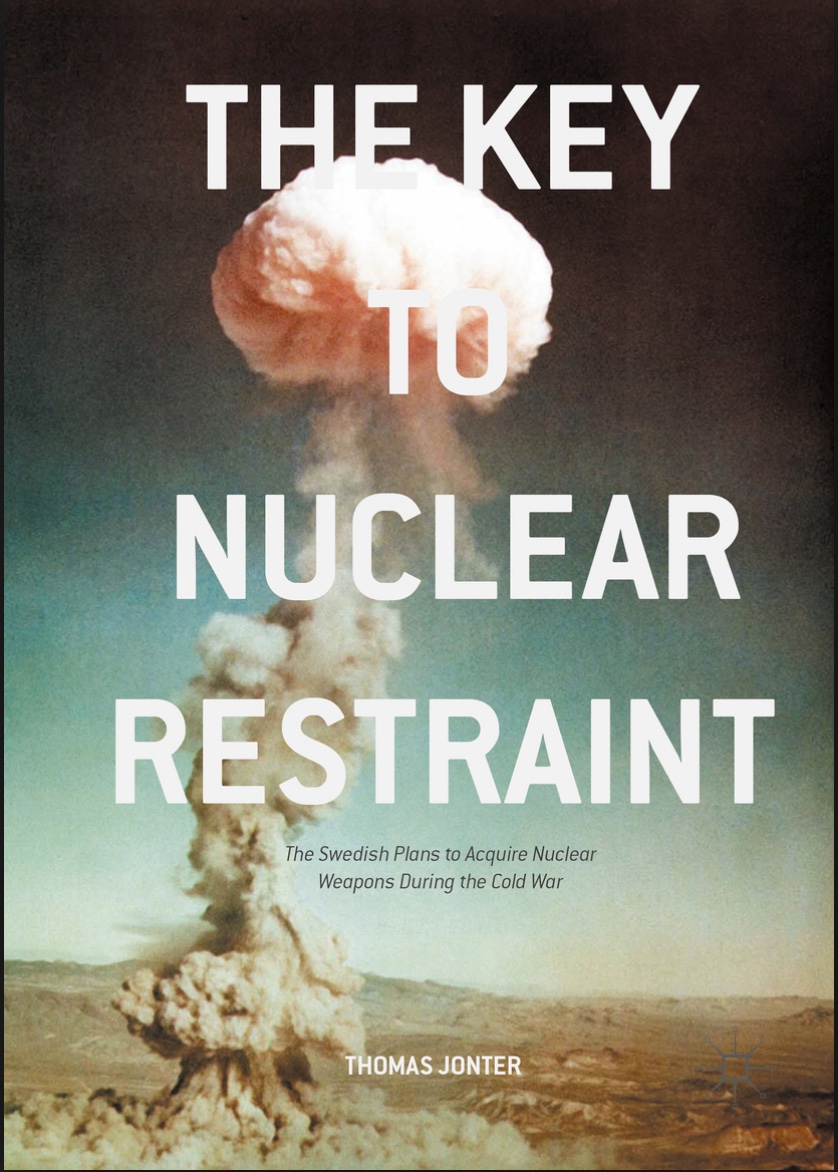Why states choose nuclear restraint ?
Dans le cadre du séminaire de Nuclear Knowledges - Chaire d’excellence en études de sécurité.
Why states choose nuclear restraint? An analysis of Sweden´s nuclear weapons plans during the cold war based on primary sources.
Why did Sweden choose, in the late 1960s, to abolish its long-standing nuclear weapons plans? A number of historical investigations have analyzed some aspects of this issue, particularly as it related to the public political debate in Sweden and the formulation of the Swedish defense doctrine in the postwar years. Taken together, these studies provide a far-from-complete picture of Sweden’s historical nuclear weapons plans. The main reason for this lack of a comprehensive picture has been the paucity of primary sources. Today, however, the end of the cold war and the declassification of large parts of the relevant documentary record, especially concerning the technical preparations for nuclear weapons production, have created the prerequisites for a more penetrating analysis.The purpose of this presentation is to summarize this research on Sweden’s plans to acquire nuclear weapons and discuss its bearing on theories of proliferation and non-proliferation.
 The Key to Nuclear Restraint: The Swedish Plans to Acquire Nuclear Weapons During the Cold War
The Key to Nuclear Restraint: The Swedish Plans to Acquire Nuclear Weapons During the Cold War
Thomas Jonter, Palgrave Macmillan UK, 2016
For more information
Thomas Jonter is Director of Stockholm University Graduate School of International Studies, Sweden, and Professor of International Relations at the Department of Economic History. He has been visiting scholar at Stockholm International Peace Research Institute (SIPRI), Stanford University, and Cornell University. Professor Jonter is also chair of Swedish Pugwash and served as advisor to the Swedish delegation to the 2015 Review Conference to the Treaty on the Non-proliferation of Nuclear Weapons, at the United Nations in New York.
Discutants:
Benoît Pelopidas, Sciences Po-CERI, titulaire de la chaire d'excellence en études de sécurité, Sciences Po.
Les présentations seront données en anglais, cependant les questions en français seront également les bienvenues.
Responsable scientifique : Benoît Pelopidas, Sciences Po-CERI.










